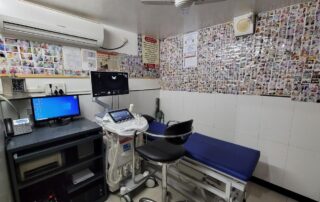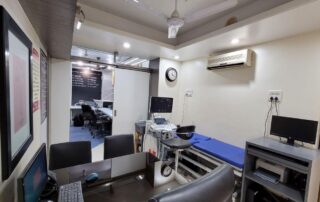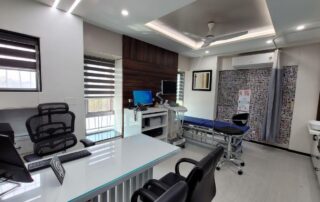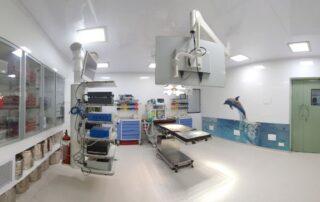Women with a previous history of maternal fetal conditions or fetal problems with present pregnancy need specialized care.
Our experienced team of geneticists at Shobha Nursing Home offers counseling & treatment to parents with fetal or genetic abnormalities.
Our well equipped facilities ensure comprehensive and safe care for the mother & the fetus.
Obstetric Sonography
Following obstetric sonography facilities are available.
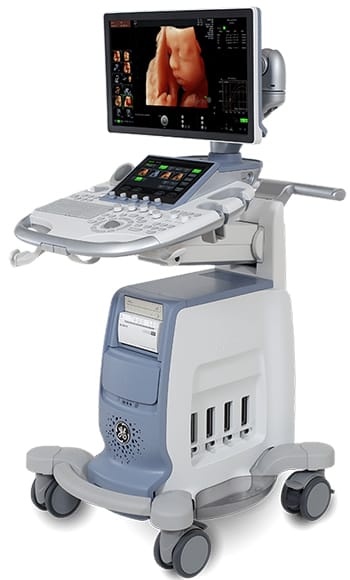
1. Fetal viability scan (Between 6 — 10 weeks)
Fetal viability scan is done between 6-10 weeks of pregnancy. It helps to determine:
Number of embryos present
Heartbeats
Progress of pregnancy based on size of the sac or the embryo
Presence of internal bleeding if any
2. Nuchal scan (Between 11 — 13 weeks)
Nuchal scan helps in determining:
Accurate date of pregnancy and expected date of delivery.
Fetal heart rate
Presence of chromosomal abnormalities
Presence of physical abnormalities
Diagnose multiple pregnancy
Diagnose early pregnancy failure
3. Anomaly scan (Between 19 — 23 weeks)
This is a detailed scan — performed transabdominally to check baby’s heart, brain, face, spine, bowel, stomach, kidneys, limbs, hands and feet for any abnormalities. It focuses on:
Position of the placenta
Amount of amniotic fluid
Fetal growth
4. Cardiac scan (Between 20 — 24 weeks)
This scan is performed for a detailed examination of the fetal heart if:
The mother has a family history of heart abnormalities
Increased nuchal translucency was detected in the Nuchal scan
There is a risk of Down’s Syndrome
5. Fetal well-being scan ( After 32 weeks )
This scan determines the overall growth & health of the baby. In this scan following things are verified or measured:
Head, abdomen and thigh bone
Fetal weight
Fetus movements
Placental position and appearance
Amount of amniotic fluid.
Blood flow to the placenta and fetus
Genetic Counseling
We provide counseling sessions to parents & families who are at risk of an inherited disorder. Our consultants help them understand and adapt to the medical, psychological and familial implications. They focus on helping the patient to cope with the situation and make informed decisions.
Prenatal Diagnosis
Prenatal diagnosis determines whether the fetus has a problem such as Down syndrome or a chromosomal abnormality. The following tests are performed as a part of prenatal diagnosis:
1. Chorionic Villus Sampling (CVS)
Normally performed between 11th and 12th weeks of pregnancy. It involves obtaining tissues from the placenta and is carried out either transcervically or transabdominally.
2. Amniocentesis
Amniocentesis is usually done during the 15th week of pregnancy. A doctor recommends Amniocentesis if there is a family history of birth defects or previous pregnancy has birth defects or ultrasound scan does not appear normal.
Under ultrasound guidance, small amount of amniotic fluid is removed from the sac surrounding the fetus for testing.
3. Fetal Blood Sampling
Fetal blood sampling is suggested only if CVS, amniocentesis or ultrasound results are doubtful. It shows defects such as Down syndrome, anemia and other infections.
4. Intrauterine Transfusion
This is done under USG guidance where red blood cells from a donor are injected into the unborn baby. Intrauterine transfusion is performed in cases of severe Rh incompability.
5. Non Invasive prenatal Test (NIPT)
Here mother’s blood is taken and analysed to detect abnormalities in the baby.

